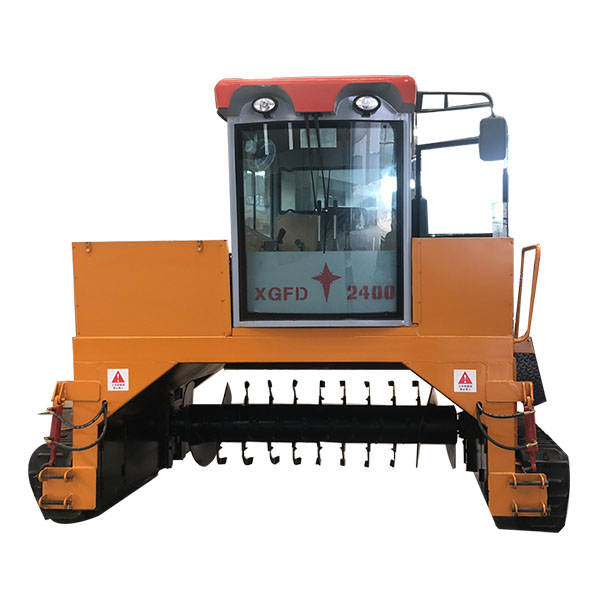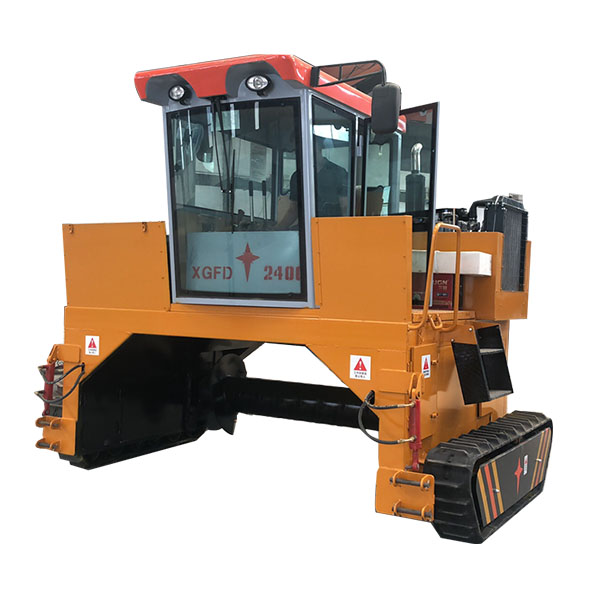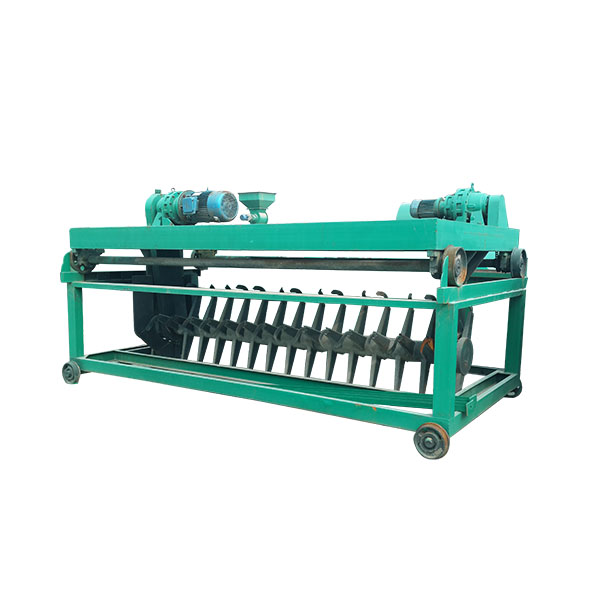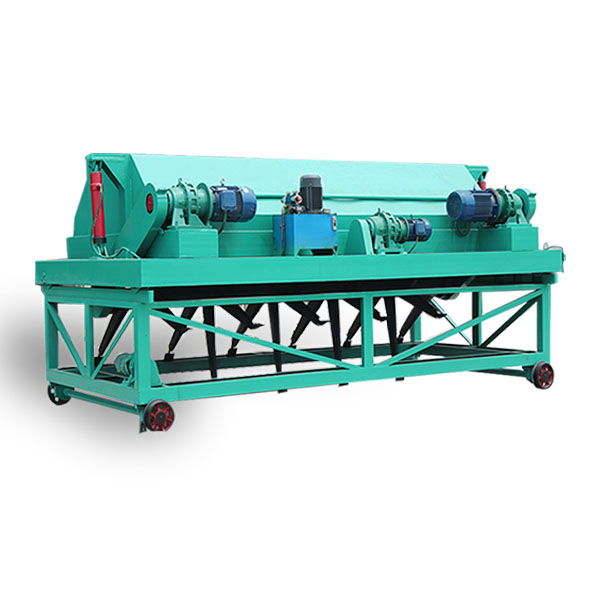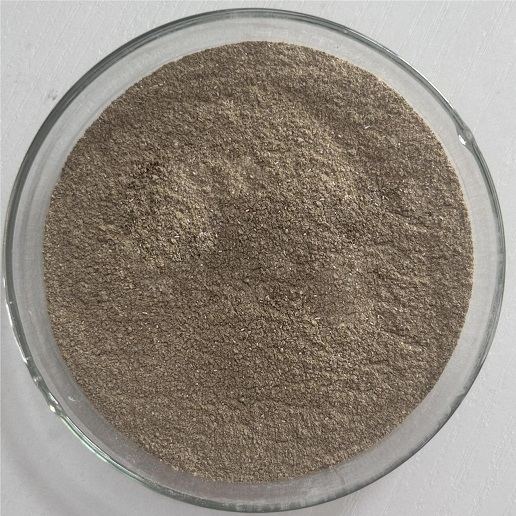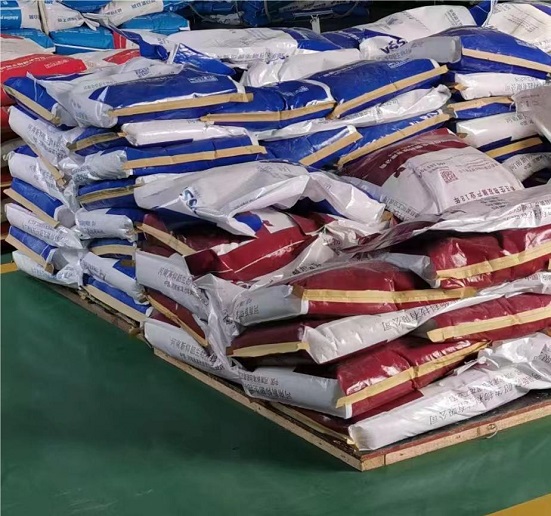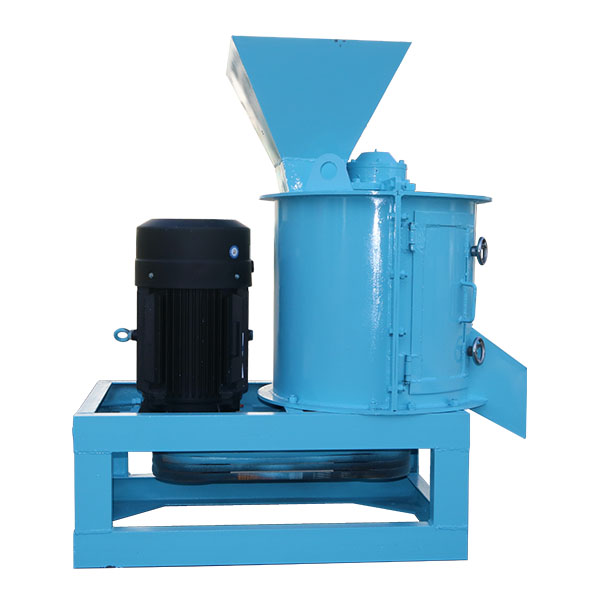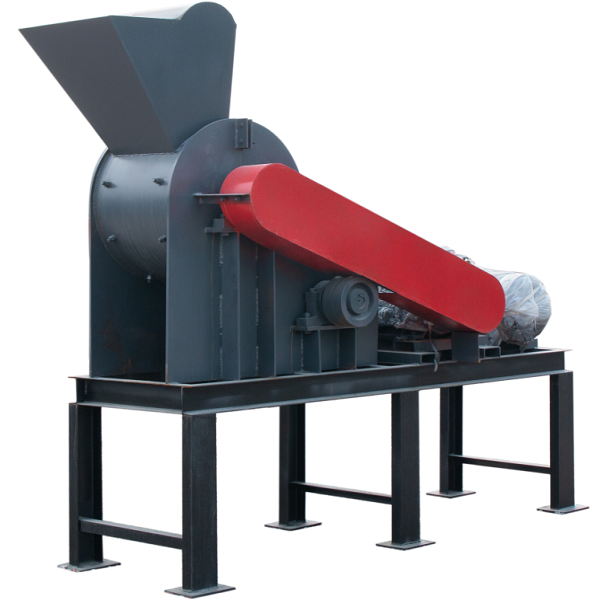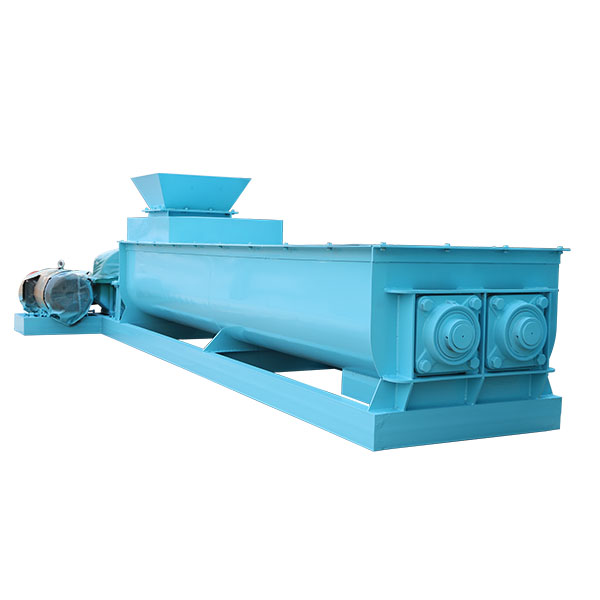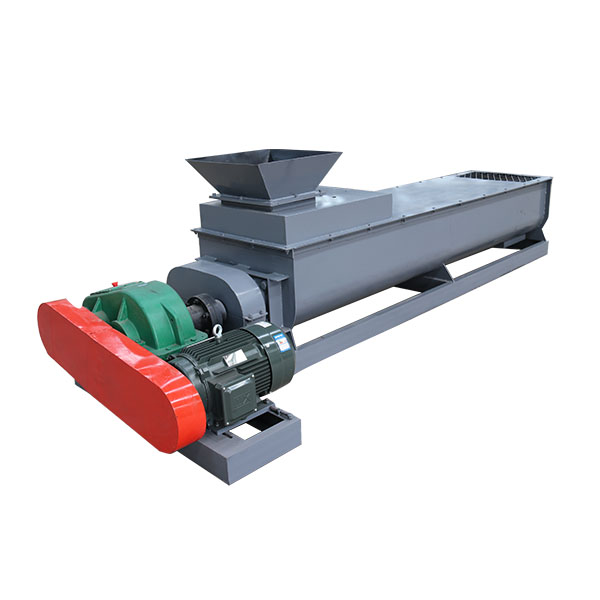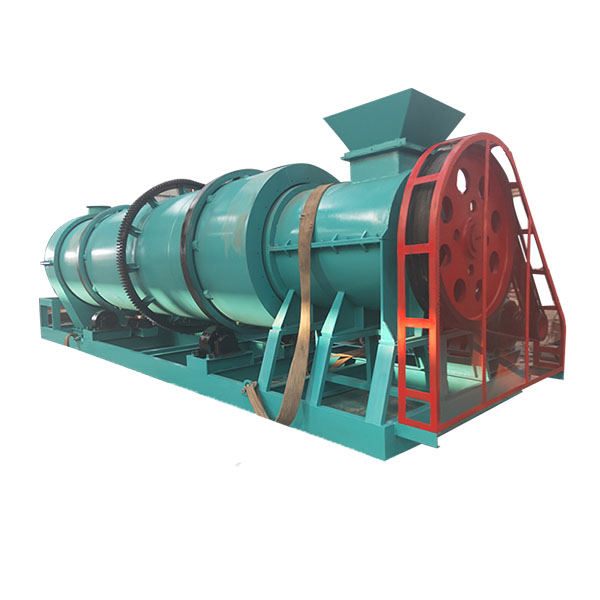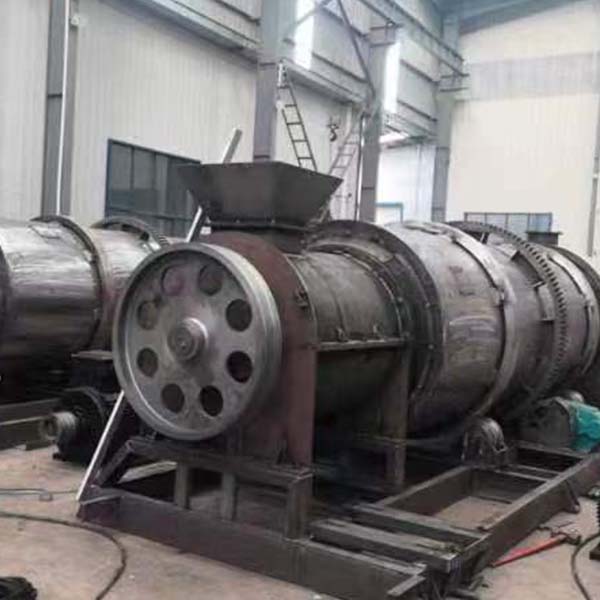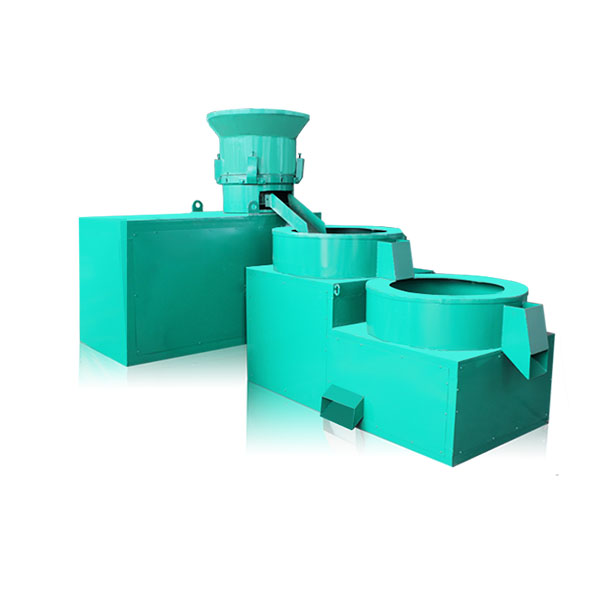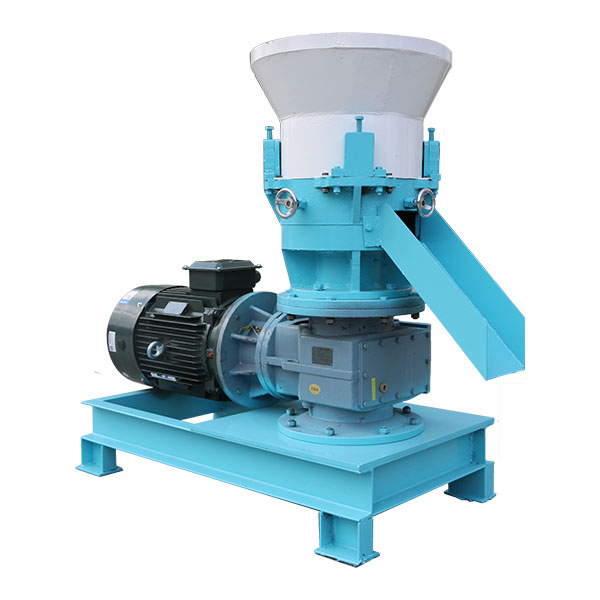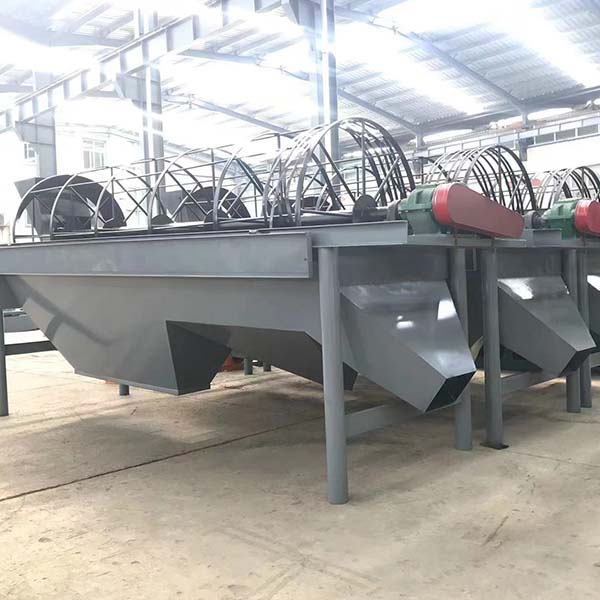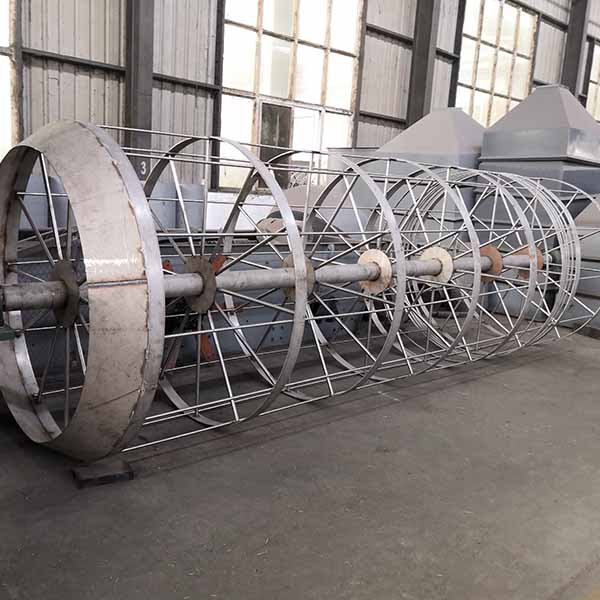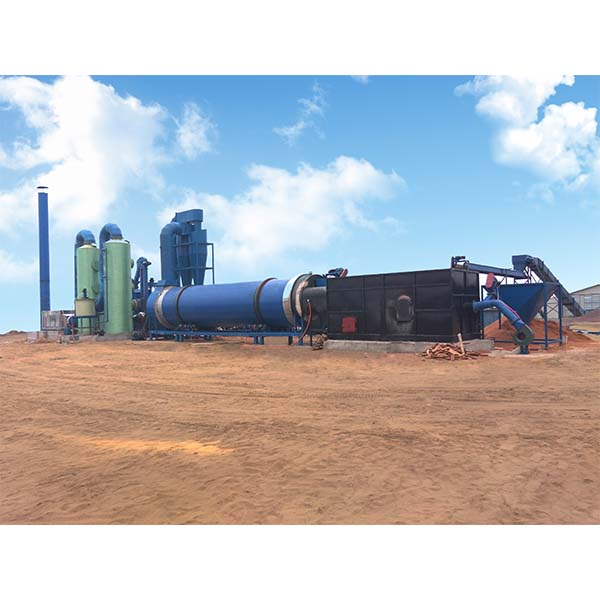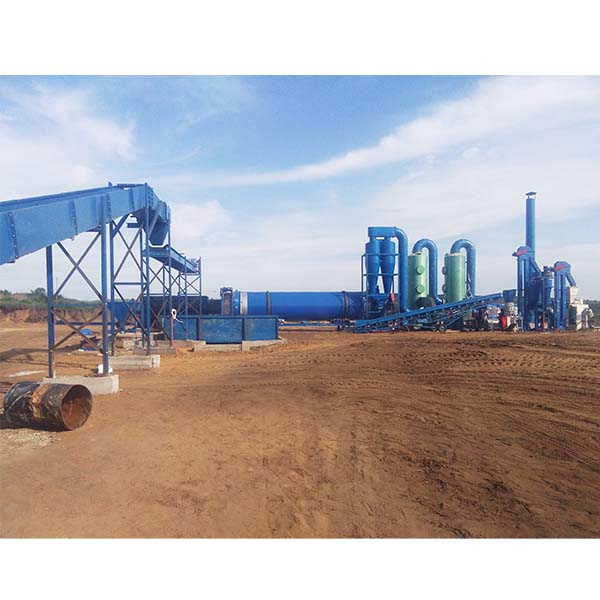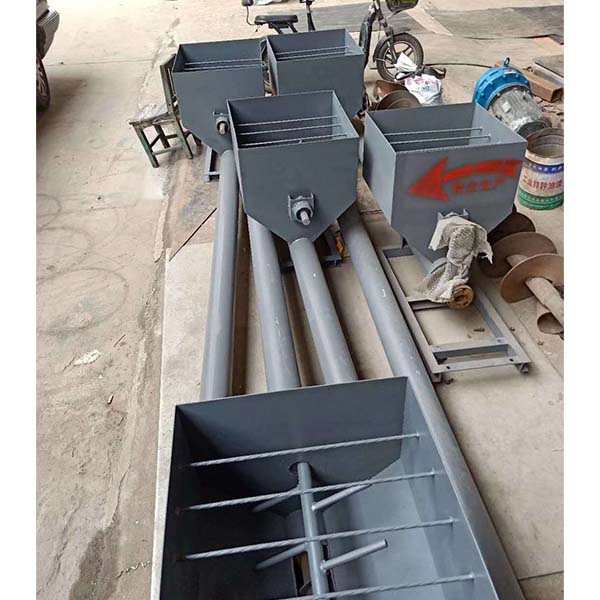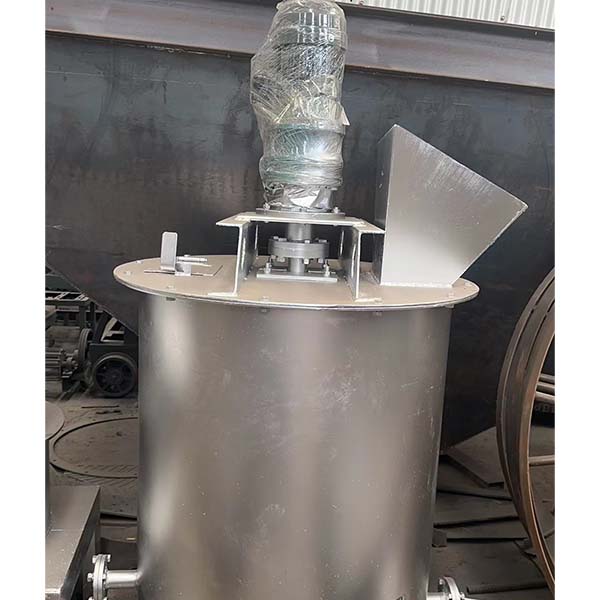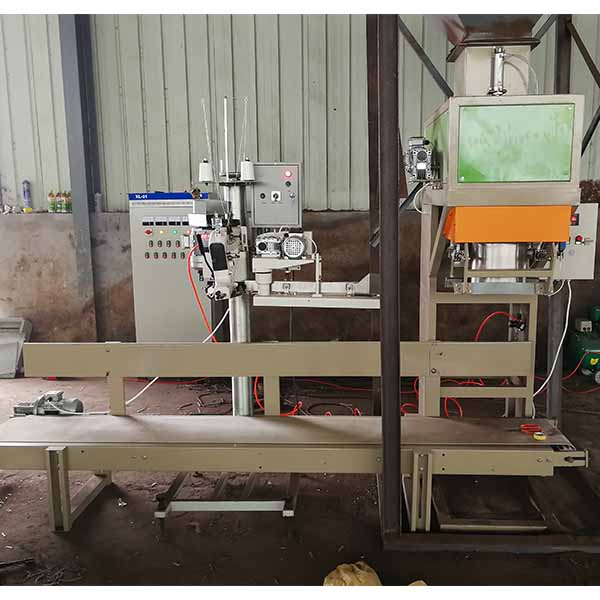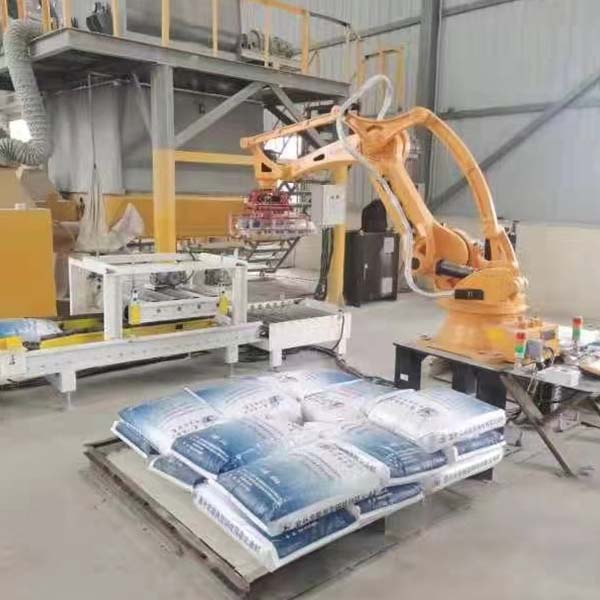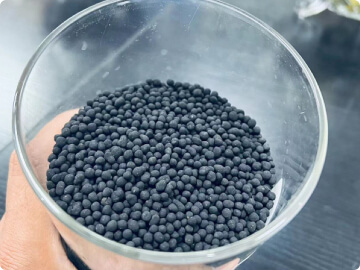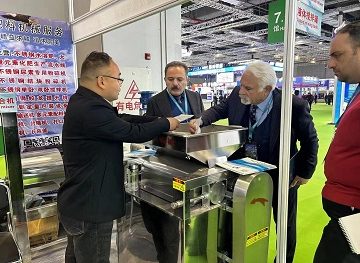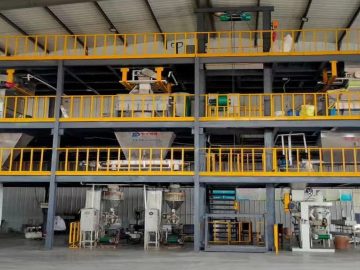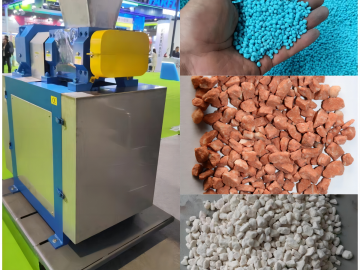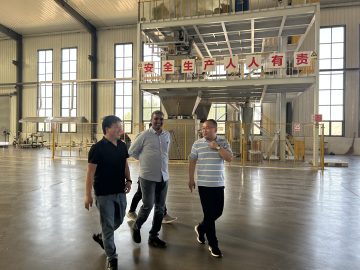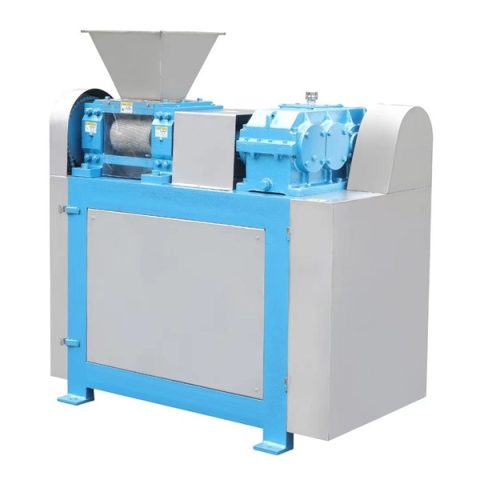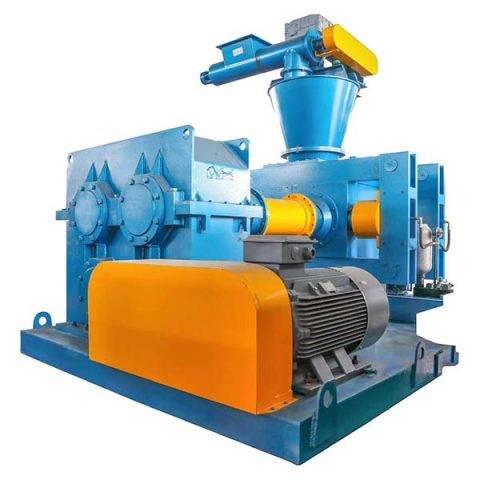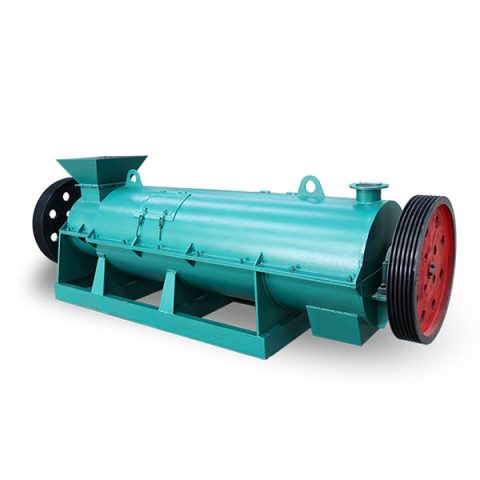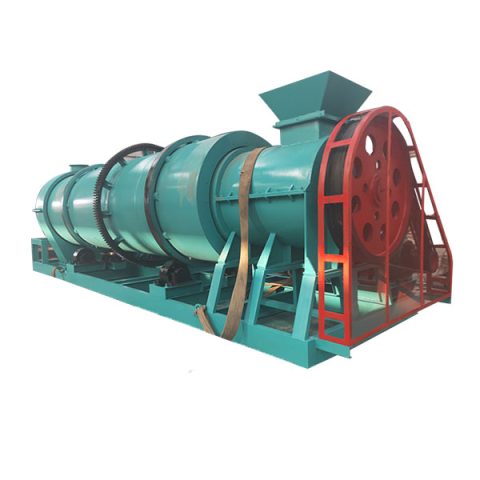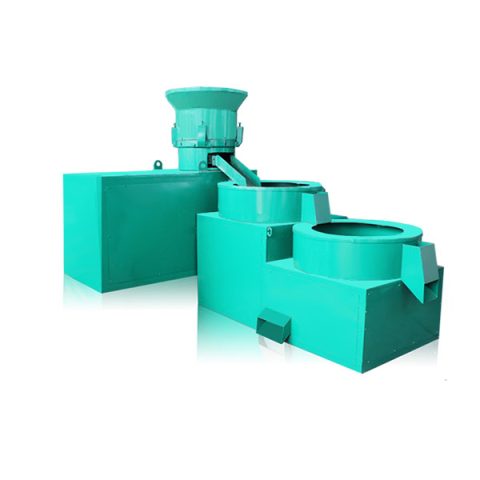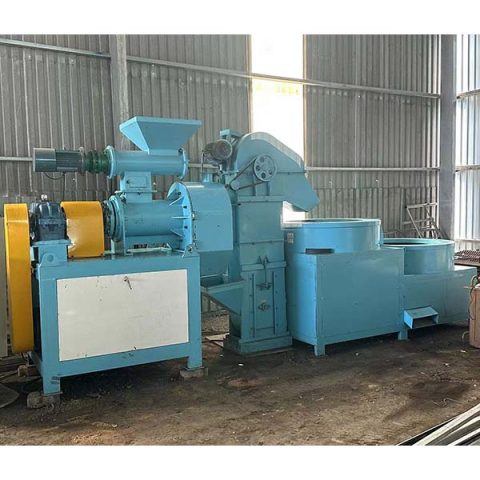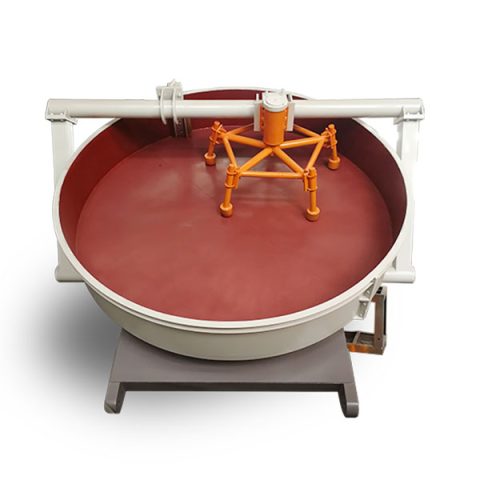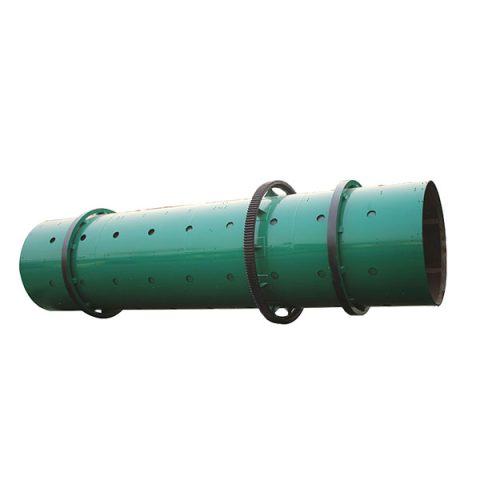Cow manure is a good source of organic fertilizer. In addition to being rich in organic matter and essential nutrients for plants such as nitrogen, phosphorus, potassium and other trace elements, cow dung also contains various biological enzymes and microorganisms. After made into organic fertilizer, it is beneficial to increase the organic matter and fertility of the soil, improve the soil structure and the soil physical. However, if cow manure is directly applied to farmland, it will be extremely harmful. It will consume oxygen in the soil, produce high temperatures and burn crop roots (commonly known as “seedling burning”), and will also cause soil, water, and Secondary pollution of the atmosphere and agricultural products. Therefore, cow manure must be composted, stabilized and harmless before it can be used.
1. Composting and harmless treatment of cow manure compost
Usually, the C/N ratio of cow dung is 19-23:1, which is suitable for fermentation requirements. But the moisture content varies greatly. The moisture content of cow manure in large-scale feedlots reaches 60-80%, and the moisture content must be reduced to 50-60% for best fermentation process(please consult us on how to reduce the moisture content).
Fermentation equipment and fermentation bacterial
1.1 Windrow selfpropelled compost turner
This compost turner machine has the function of crushing and no need to build a fermentation slot. The cow dung is stacked in long strips on the ground, which can greatly save civil construction and labor costs. The materials are regularly stirred and crushed by the compost turner, and organic matter is decomposed under aerobic conditions.
1.2 Hydraulic grooved compost machine
This equipment adopts a unique grooved design and ground groove structure, which can be designed for multiple slots according to the factory structure. It has the characteristics of simple operation, short fermentation cycle, sufficient fermentation, low pollution, and convenient expansion. By utilizing limited land area, the scale of organic waste treatment can be realized.
1.3 Compost fermentation bacteria
One of the key factors for the success or failure of cow manure fermentation is whether to use the fermentation strains composed of various saprophytic microorganisms.Adding composting fermentation strains can promote heating pick-up of raw materials in the early stages of fermentation, shorten the fermentation and maturation time, and effectively deodorize, quickly remove and kill toxic and harmful substances such as roundworm eggs, weed seeds, and Escherichia coli in the fermentation materials.
2、Cow manure compost granulation process and technology
After sufficient turning and mixing, the cow dung can be fermented in 3-20 days and can meet the standards for organic fertilizers. Then it can be made into granules or powder according to market demand. In order to balance nutrients and be suitable for transportation and storage, it is recommended to process it into granular products. The main process is as follows
2.1 crushing and mixing system
The function of this system is to crush, proportion and mix various raw materials such as fermented cow dung, NPK inorganic fertilizers and other additives according to a certain proportion. The main equipment is
Compost crusher
It is suitable for fermented compost with a moisture content of 30-45%. It is not easy to stick to the wall and block.
Double shaft mixer
The equipment stirs evenly and has good sealing performance. The sticky and wet materials are not easy to stick to the mixing root.
2.2 Granulation molding system
The function of this system is to make the crushed and mixed materials into particles. The main equipments are
Stirring teeth granulator
This model adopts granulation processes such as centrifugal rotation, friction bonding, polishing and friction heating, etc. The particles are uniform, smooth, round, high strength, and good fluidity, and the particle forming rate reaches more than 95%.
Flat die granulator
This machine can be used to wide range of raw materials, especially suitable for organic materials. It has broad requirements for raw material density and raw material moisture, and does not have high requirements for raw material fineness. Generally, crushing is not required after composting, and small stones can be directly crushed and granulated.
2.3 Screening and secondary granulation system
The granules produced by the granulator have certain differences in particle size and need to be screened and classified. The finished particles enter the next process, and the powder or large particles are crushed and transported to the granulator through a belt conveyor for secondary granulation.
2.4 Drying and cooling system
The dryer is to remove moisture from the screened particles to reach the organic fertilizer moisture content standard. At the same time, the drying process is also a process of secondary granulation and improvement of particle forming.
The cooling machine cools the dried granular materials, which helps to store and preserve the quality of the granules.
2.5 Coating system
After the particles are cooled, they can be used as bio-organic fertilizer or compound microbial fertilizer, or sprayed with anti-caking agents and brightening agents to improve the appearance or intrinsic quality of the organic fertilizer.
2.6 Packaging system
Granular materials can be quantitatively weighed and packaged through automatic packaging for storage and transportation.
Any questions, feel free to contact:
www.safimachinery.com
[email protected]
Whatsapp:008615238391768


